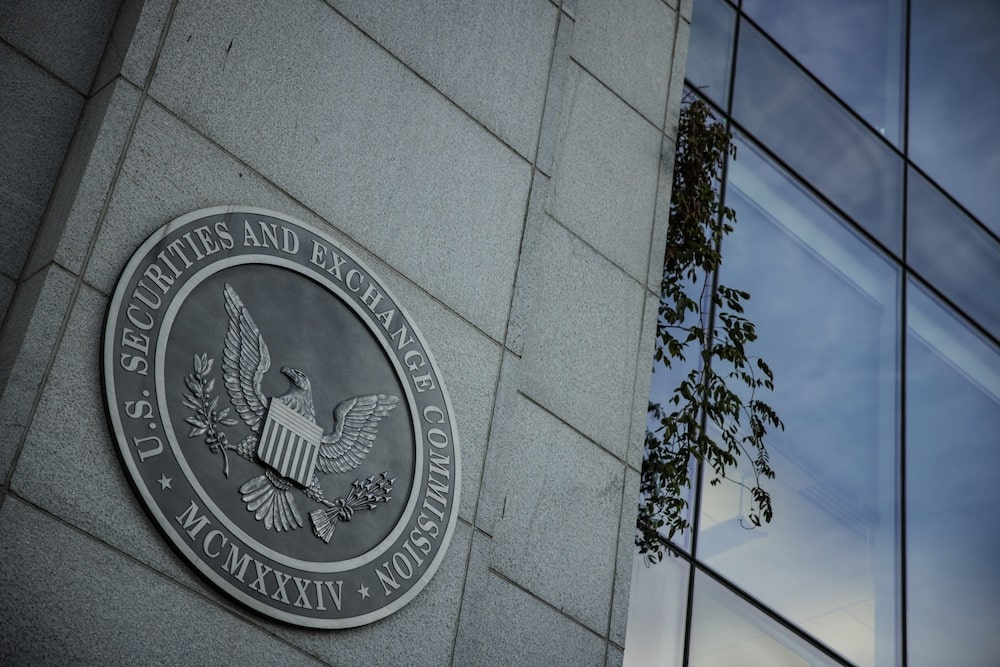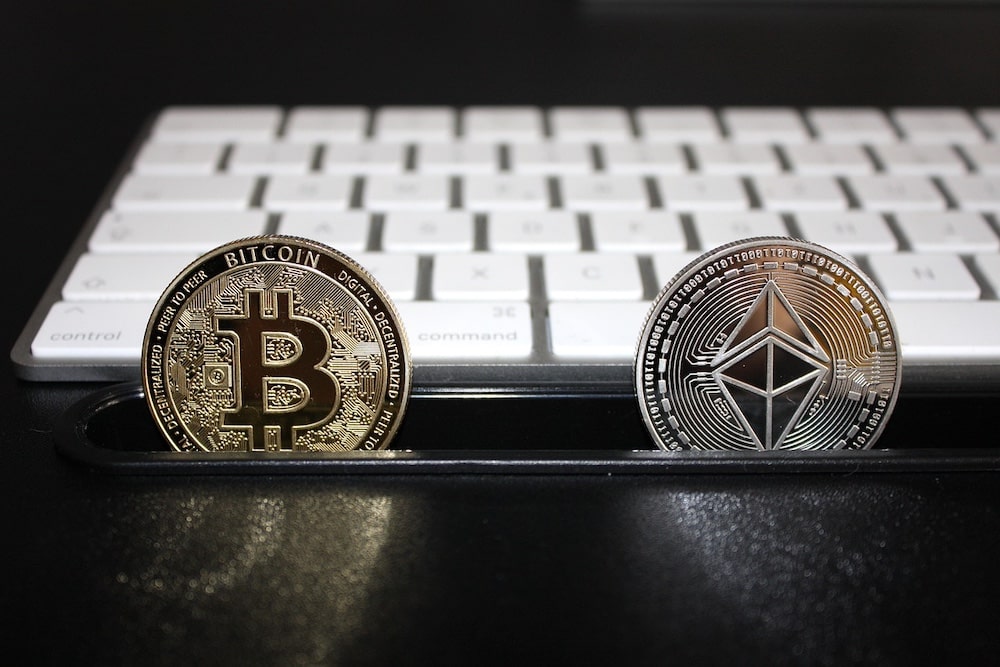The SEC contends that Ripple’s allegations do not eliminate the necessity for injunctions to prevent future violations.
The U.S. Securities and Exchange Commission (SEC) has recently submitted its final response to the ongoing lawsuit against Ripple Labs, a leading provider of cross-border payment and digital asset custody solutions.
In its recent response, the SEC disputed Ripple’s claim of non-recklessness and the assertion that there shouldn’t be widespread uncertainty about XRP’s legal status. Despite the court’s prior dismissal of Ripple’s “fair notice” defense, the SEC maintains its stance, challenging Ripple’s position.
SEC Lawsuit Against Ripple Labs.
The SEC filed a lawsuit against Ripple Labs in December 2020, claiming that the firm had conducted an unregistered securities offering by selling XRP tokens and raising over $1.3 billion. The SEC argued that XRP should be classified as a security and not a commodity.
In response, Ripple Labs refuted the SEC’s claims, arguing that XRP is a digital asset like Bitcoin and Ethereum, not a security. They argued that XRP’s function as a medium of exchange and a bridge for cross-border payments distinguishes it from traditional securities.
The remedies brief indicates that Ripple has attempted to minimize its liability while emphasizing cooperation with the SEC since the 2013 XRP initial coin offering. However, the SEC underscored that, legally, another breach remains possible even if Ripple has abstained from violations since 2020.
In addition, the SEC contends that Ripple’s promises to alter its behavior after the lawsuit doesn’t warrant avoiding injunctions. They argue that Ripple’s claims on adhering to legal advice and restructuring future XRP sales based on the lawsuit’s directives are deceptive and misleading. The SEC maintains that Ripple misunderstands the order and neglects to acknowledge its compliance implications.
Ripple Labs Denies Conducting Sales Outside the U.S.
The reply denies Ripples’s claims regarding conducting sales outside the U.S. and to accredited investors, noting that these defenses were neglected during summary judgment.
Furthermore, Ripple’s claims regarding contract modifications for on-demand liquidity sales are dismissed, as these contracts already lacked certain restrictions identified as violations.
The SEC contends that Ripple’s allegations do not eliminate the necessity for injunctions to prevent future violations.
In response to the SEC’s remedies brief, Ripple’s chief legal officer, Stuart Alderoty, stated that the SEC’s reputation continues to decline. He emphasized that international financial regulators with robust crypto licensing frameworks might be astonished by the SEC regarding its efforts as close to issuing fishing licenses.
Lastly, Alderoty criticized the SEC’s inconsistent application of the law and expressed optimism about resolving the XRP lawsuit. Analysts expect a final judgment around September, while the crypto community eagerly awaits the outcome.









